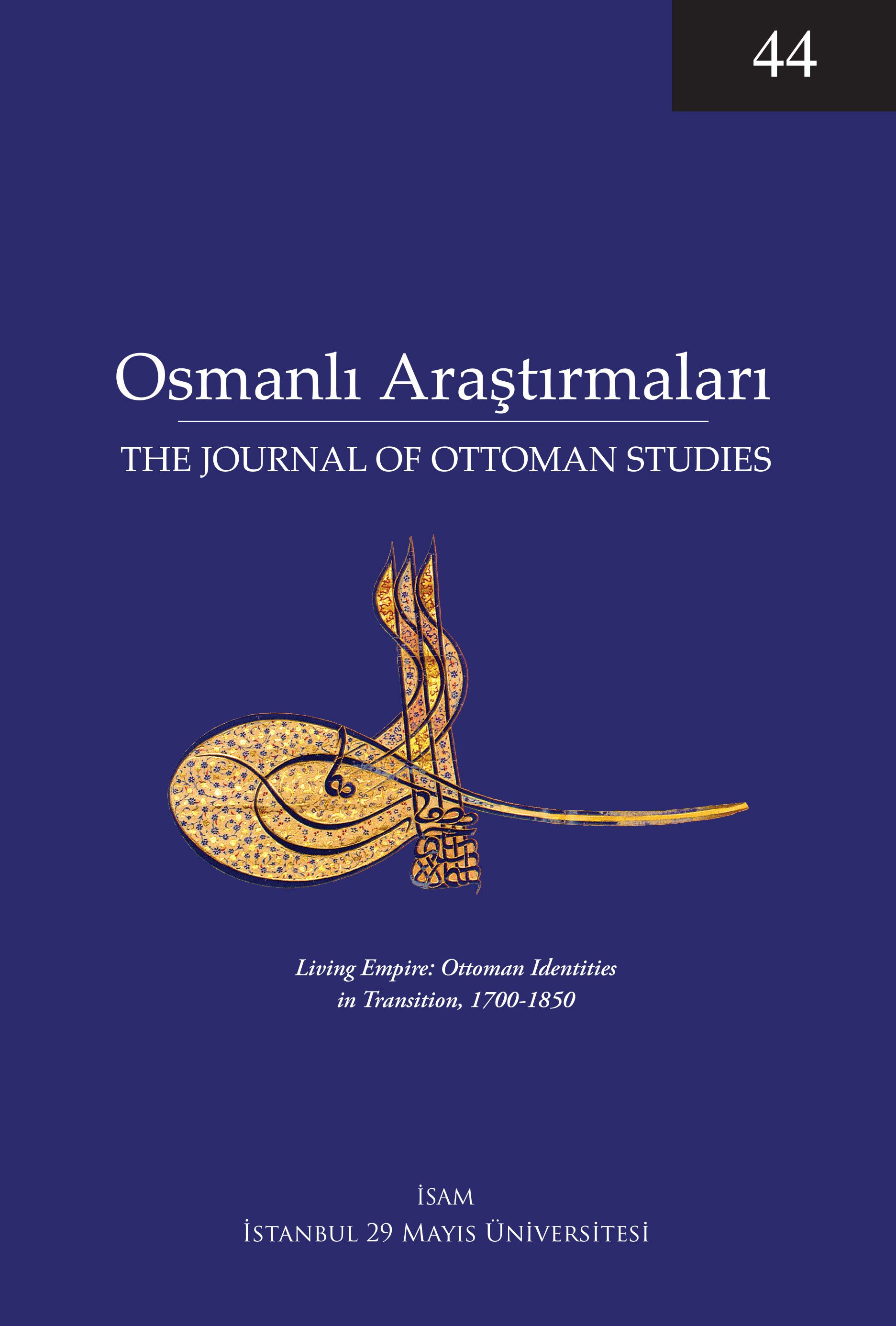Between 1688 and 1722 a resident of the unheralded Syrian provincial town of Homs recorded his impressions of life in the town and its surroundings. Muhammad al-Makki’s account offers glimpses of the worldview of an Ottoman subject who shared the Ottoman Empire’s politically dominant religion (Islam) yet who was firmly grounded in his provincial environment. This rare document from one of Syria’s smaller towns illustrates tension between a pre-modern Muslim universalism rooted in the symbolism of the Ottoman Sultanate, and local affiliations that were parochial and highly particularistic. This article discusses al-Makki’s understanding of himself and his world, his connection to local elites, his and their connections to wider networks within the Ottoman Empire, his sense of identity and his understandings of justice and oppression. The reader encounters local paramilitaries, urban notables, tribal communities, Christians, and Ottoman provincial administrators. Through al-Makki, one also senses the precariousness of pre-modern life where little margin for error existed in the face of environmental conditions and the forces of nature.
Publication Type
- Article



